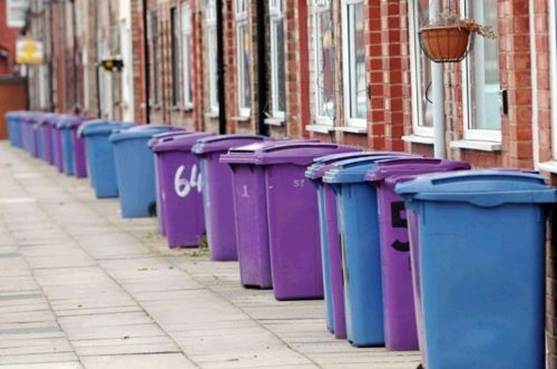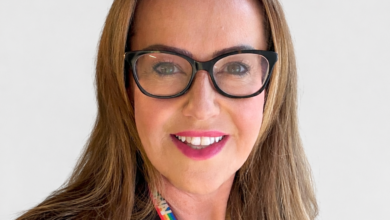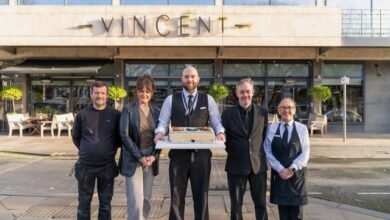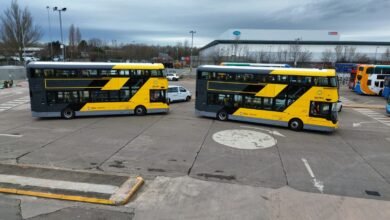Liverpool sets out roadmap to boost recycling

Liverpool City Council’s Cabinet is set to consider a new Recycling and Waste Strategy, which will take steps to improve recycling and waste collection across the City.
The strategy includes a new weekly, separate collection for household food waste to be introduced in 2026, making Liverpool a cleaner, greener place to live and work.
It follows the news that Liverpool’s domestic recycling rate sits at just 17.9%, trailing behind the national average of 43.4%.
A major focus of the strategy is on household waste and recycling, with an aim to reduce the amount of waste produced and bring recycling rates in line with other local authorities in the country.
Additionally, research has shown that, of the 135,000 tonnes of domestic rubbish sent for incineration each year, two thirds could be recycled elsewhere.
The new strategy outlines steps that need to be taken in the next five years to manage waste effectively in Liverpool, reducing the negative impact it has on the environment and promoting sustainability.
Currently, waste disposal costs the Council £27.7 million annually, which could reduce by £1.6 if the recycling rate was in line with the national average.
As well as cost saving, reducing the amount of waste that is sent for incineration and adopting eco-friendly practices such as carbon neutral bin lorries are crucial steps towards Liverpool City Council’s commitment to reaching net zero by 2030. Waste collection and processing currently accounts for 9% of emissions within Liverpool, which is roughly 1,700 tonnes of CO2.
Leader of Liverpool City Council, Cllr Liam Robinson said:
“We’re committed to making Liverpool a cleaner, greener place to live and work, as well as reaching Net Zero across the City, and how we tackle our waste is a key component to helping us to reach that goal.
“Waste collection and processing makes up around 9% of the City’s emissions. That is too high. This new strategy outlines important steps that both the Council and our communities can make to help us to reduce the amount of carbon we’re releasing into the atmosphere.
“Reducing the amount of waste that we produce, and recycling as much of our rubbish as possible means that less gets sent to incinerators and more gets reused again and again. This could also lead to a significant cost saving for the Council, delivering best value for our residents.
“This new strategy is a major step towards us working together as a community to protect the environment for generations to come.”
To reach this goal, the strategy includes six clear objectives:
- Reduce purple bin waste
- Increase collection of recyclable materials
- Promote posiitve waste behaviours
- Deliver a high performing, efficient and effective service
- Optimise environmental performance
- Enable a circular economy to help the climate
Work has already started to meet these goals, with the introduction of solar bins and underground refuse bins across the City, as well as optimising collection routes to reduce the number of emissions from waste collection vehicles.
Last year, the Council announced plans to take full control of waste collection and cleansing services, currently provided by Liverpool Streetscene Services Limited.
Additionally, Keep Liverpool Tidy, in partnership with Keep Britain Tidy has seen a big increase in community litter picking since it started in 2022.
To support local communities to make the necessary changes to reach these objectives, Cabinet will also be asked to agree an eight-week public engagement period across the City. A series of engagement events will be held to help raise awareness of waste reduction and give residents the opportunity to discuss how the Council can support them to recycle more.
The Cabinet report also details upcoming changes to recycling across England, which are due to be implemented from 1 April 2026. These include a new food waste collection service and an increase variety of materials that can be recycled in blue bins.
Liverpool City Council, along with local authorities across the country will have a new, weekly food waste collection next year to help bring down the amount of household waste. A significant amount of all waste in purple bins is found to be food waste (a total of 32.75%).
Following the national changes, this waste will be able to be recycled and composted down instead of being sent for incineration.
To help prepare for these changes, the strategy highlights the importance of positive waste behaviours across all visitors, residents and businesses. The planned engagement process will look to support people with this and ensure they have the information they need to reduce, reuse and recycle.






